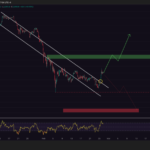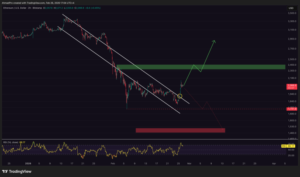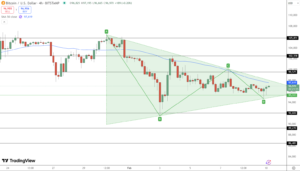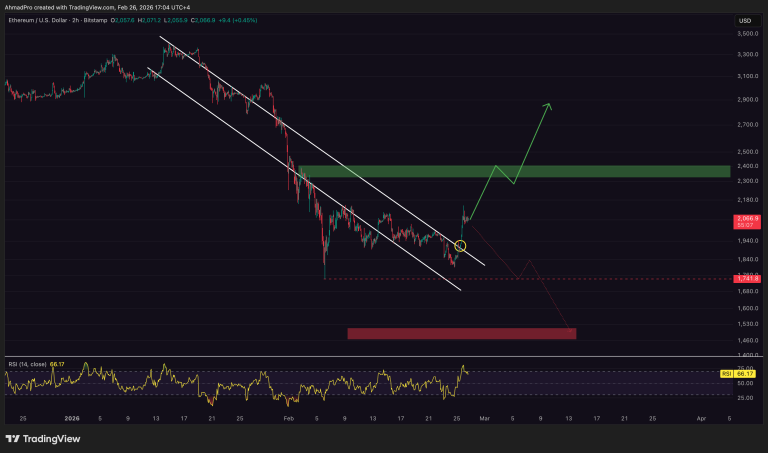Last updated:
 Why Trust Cryptonews
Why Trust Cryptonews
Ad Disclosure
We believe in full transparency with our readers. Some of our content includes affiliate links, and we may earn a commission through these partnerships. Read more
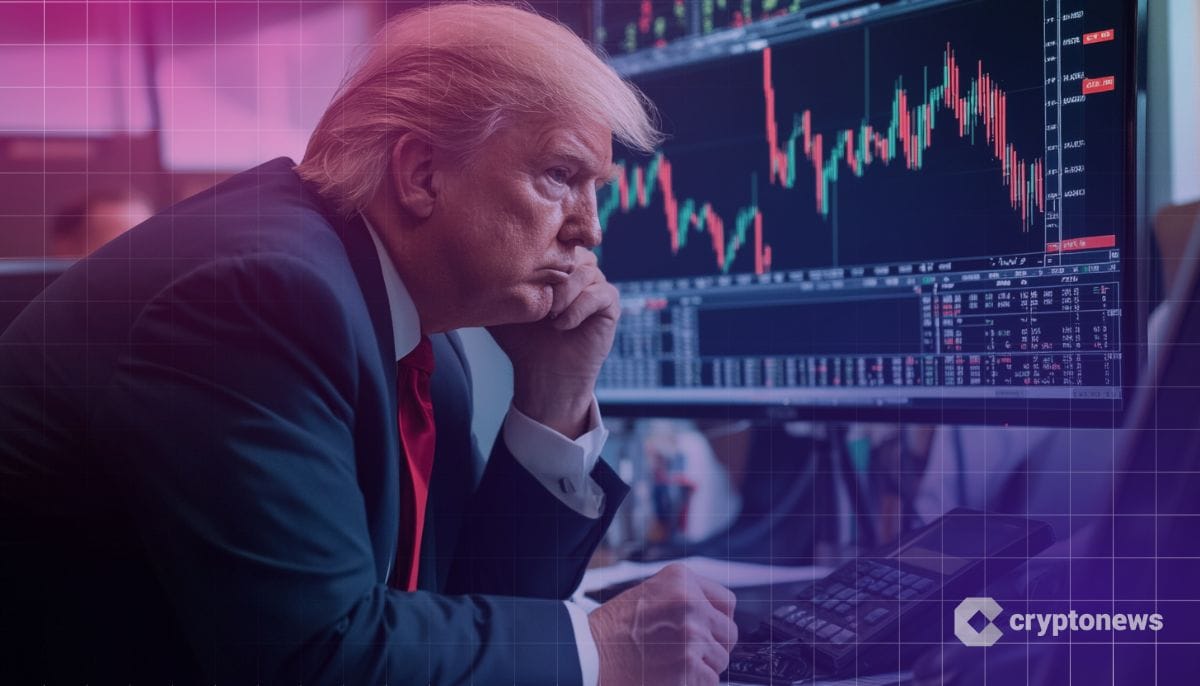
The total crypto market cap tumbled by 3% on Monday after President Donald Trump announced he would impose new 25% tariffs on all steel and aluminum imports, adding to the existing metals duties.
Speaking to reporters Sunday on his way to the NFL Super Bowl, Trump stated that he planned to announce the new metals tariffs on Monday as part of a significant escalation in his trade policy overhaul.
He further stated that he would announce reciprocal tariffs on Tuesday or Wednesday, with the measures taking effect almost immediately. Moreover, these tariffs will apply to all countries and mirror the rates each nation levies.
The US is said to import most of its steel from Canada, Brazil and Mexico. Meanwhile, South Korea and Vietnam serve as additional key sources.
Bitcoin dropped 0.5%, settling at $96,871, while Ether fell 1.5% to $2,627. XRP lost 4.2%, reaching $2.39 and Dogecoin similarly fell 4.2%, now priced at $0.2486.
Crypto Trading Volumes Fall to Pre-Trump Levels
10X Research reported that trading volumes have dropped sharply to levels last seen before the Trump election. Moreover, it could take up to six months to clarify the Bitcoin Strategic Reserve announcement.
Despite this uncertainty, sophisticated traders have shifted their focus from altcoins to Bitcoin, keeping its dominance above 60%. Consequently, the recent rally in altcoins and memecoins quickly faded, underscoring a broader market rotation toward Bitcoin.
Last week too proved difficult for digital asset market participants as broad-based declines affected the entire sector.
Tariffs Trigger Economic Slowdowns That Shake Crypto Markets
James Toledano, COO at Unity Wallet, noted that cryptocurrencies—especially Bitcoin—react strongly to macroeconomic disruptions.
“Tariff announcements signal potential economic slowdowns, which reduces investor risk appetite and triggers sell-offs in both traditional and digital assets,” he said.
Foreign policy decisions frequently trigger crypto market volatility as they shape global economic sentiment, liquidity conditions and investor behavior. Further, he explained that uncertainty tends to fuel market turbulence, while clear policies—whether positive or negative—help stabilize the markets. He stressed that clarity is essential.
“It is really important to note that we have been here before under Trump’s first administration. Remember, the implementation of tariffs frequently contributes to inflationary pressures by increasing the cost of imported goods. Interestingly, between 2018 and 2019, Trump’s policies didn’t trigger inflation but did significantly impact financial markets and crypto (especially Bitcoin) in almost the same way we are seeing now.”
“Analysts suggest that Bitcoin’s current price consolidation may persist until a significant event shifts market dynamics. Potential triggers for a breakout include major regulatory announcements, technological advancements within the Bitcoin network, or macroeconomic changes affecting investor sentiment and events that can also greatly impact consumer sentiment i.e. private speculator apathy.”
“But, crypto today is a $3.2T juggernaut and, at this time last year, a single Bitcoin cost c. $47,000 — the going is pretty good right now.”

